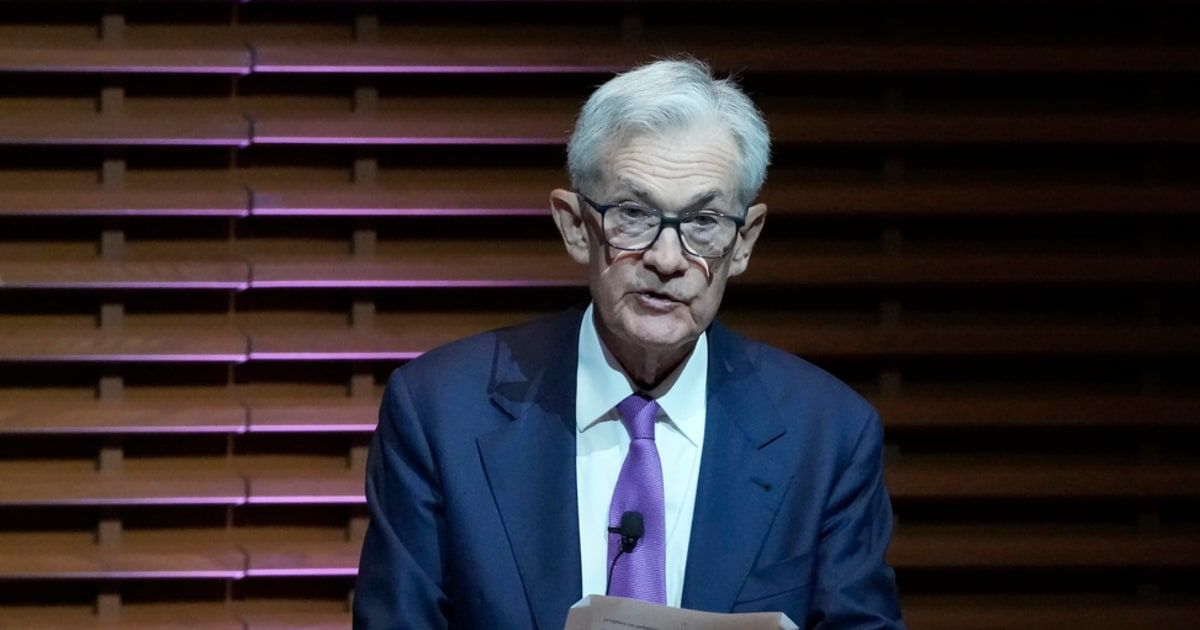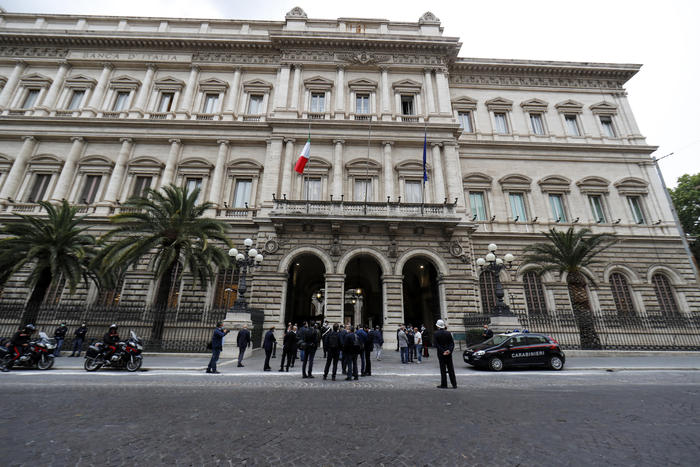Enlarge image
workers in Frankfurt am Main
Photo: Frank Rumpenhorst/dpa
Labor costs in Germany rose at the beginning of the year.
In the first quarter of 2022, there was a seasonally and calendar-adjusted increase of 2.4 percent on the previous quarter, as the Federal Statistical Office announced on Thursday.
Compared to the same quarter of the previous year, labor costs per hour worked even increased by 4.5 percent.
Labor costs are made up of gross wage costs (plus 4.3 percent compared to the same quarter of the previous year) and non-wage labor costs (plus 5.3 percent).
In a European comparison, Germany was just below the EU average (plus 2.6 percent) with an increase of 2.5 percent in the fourth quarter of 2021.
More recent figures were not available.
Labor costs fell in Greece (minus 2.1 percent) and Portugal (minus 0.9 percent).
Only the manufacturing industry and economic services are recorded at EU level.
The public service and the healthcare system are thus left out.
Strong increase in the east of the EU
The development of labor costs is also currently particularly relevant because economists fear a wage-price spiral in view of rising inflation.
This means that high inflation rates mean that workers and unions push through significantly higher wages and salaries, which means that companies have to raise their prices even further.
There are currently indications of such a development above all in Eastern Europe, where both inflation and increases in labor costs are particularly high.
The largest increase was measured in Lithuania (plus 17.8 percent), Bulgaria (plus 11.7 percent), Slovakia (plus 11.0 percent) and in Poland and Hungary (plus 10 percent).
State central banks are alarmed.
The Polish central bank recently raised the key interest rate significantly, to 6 percent.
Poland expects double-digit inflation rates this year.
beb/dpa













/cloudfront-eu-central-1.images.arcpublishing.com/prisa/H7U7FJNUZBG6BPL5PZCMGC6EUY.jpg)